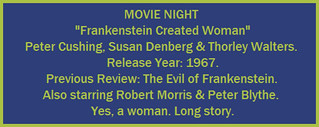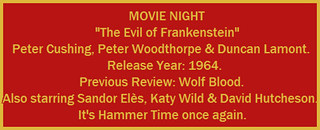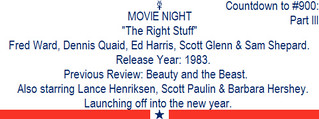
Review #892: The Right Stuff.
Cast:
Fred Ward (Gus Grissom), Dennis Quaid (Gordon Cooper), Ed Harris (John Glenn), Scott Glenn (Alan Shepard), Sam Shepard (Chuck Yeager), Lance Henriksen (Wally Schirra), Scott Paulin (Deke Slayton), Barbara Hershey (Glennis Yeager), Veronica Cartwright (Betty Grissom), Jane Dornacker (Nurse Murch), Harry Shearer and Jeff Goldblum (NASA recruiters), Kim Stanley (Pancho Barnes), Pamela Reed (Trudy Cooper), Charles Frank (Scott Carpenter), Donald Moffat (Lyndon B. Johnson), Levon Helm (Jack Ridley and Narrator), and Mary Jo Deschanel (Annie Glenn) Directed by Philip Kaufman.
Review:
Watching epic movies (especially historical ones) can be interesting, provided that that the pacing and the subject matter make for good entertainment, with this being adapted from the non-fiction book of the same name by Tom Wolfe, which covered both the story of the Project Mercury astronauts (also known as the Mercury Seven) along with the pilots dealing with high-speed aircraft such as Chuck Yeager, ranging from his breaking of the sound barrier in 1947 to the launch of Mercury-Atlas 9 in 1963. Even with a 192 minute (over three hour) run time, obviously some liberties had to be taken in order to tell a story like this, and the end result is certainly satisfying enough, with spectacle and cast to boot. Even after Project Mercury is introduced by the first hour, it doesn't merely become about the crew, as it also continues to give time to Yeager, while also not being just a technical story. The two stories run parallel with each other very smoothly, while showing some wonderful effects and costumes. By the time Yeager's story ends, there is a sense of triumph that carries on to the end of the other narrative that make for exquisite viewing and an ambitious movie.
Ward does a fine job, along with Quaid, who make for entertaining scenes together. Harris (playing the recently departed John Glenn) stands out amongst the crew, likely due to his charm but also the determination he manages to show in someone as interesting as John Glenn was. Glenn (playing Alan Shepard) is pretty entertaining, having some quips along with some sort of charm. Shepard (playing Chuck Yeager) plays the role with a straight laced but ultimately interesting way. The rest of the cast is also pretty good, with Moffat being quite entertaining as LBJ. As said earlier, the film takes liberties with certain events (such as the Mercury-Redstone 4's hatch cover blowing, with some implication toward Grissom being the cause and Jack Ridley being shown talking to Yeager after the former had died in 1957), but it does not detract too much from the story's flow. It never feels too long, nor out of its element in regards to showing these astronauts and their lives. One of the best scenes is them discussing with the scientists over installing a window, in part because you see how they see themselves more than just test subjects. On the whole, this is a movie that inspires curiosity along with excitement over an age long gone but not forgotten, with enough depth and skill to make for a tremendously entertaining experience.
On that note, I wish all of you readers at home a Happy New Year as we approach 2017, and in effect Season 7 of Movie Night. Season 6 had 116 reviews (with only one review in January to begin the season), as compared to the 90 in the previous season (2014). With any luck, Movie Night will keep trying to push the limit of the standard I hold myself when writing these reviews, along with trying to cover a diverse amount of movies, the good and the bad.
Thank you for reading, and I will see you in the new year. 10, 9, 8...
Overall, I give it 9 out of 10 stars.

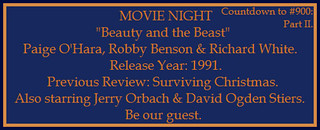

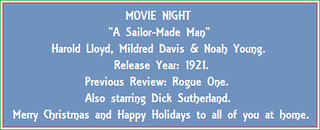
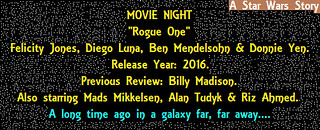








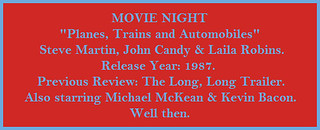
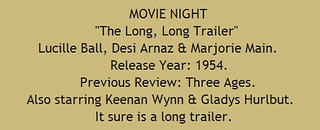
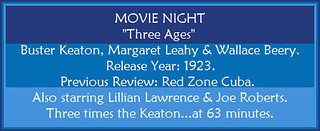
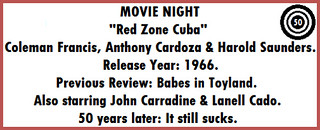
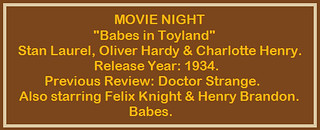
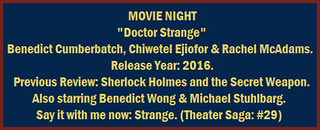
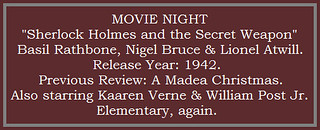
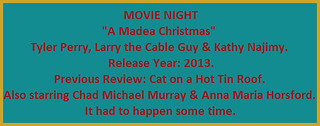
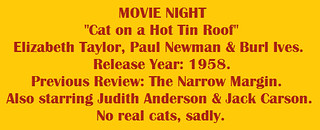
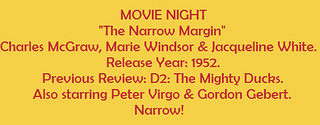
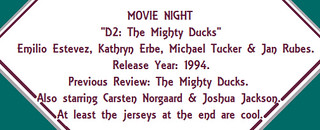
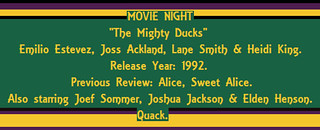
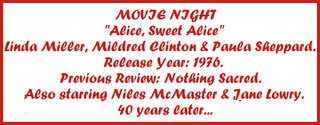
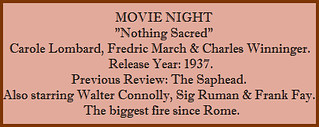
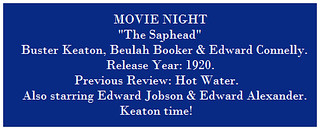
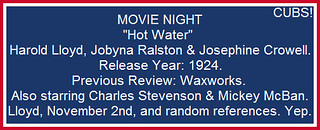
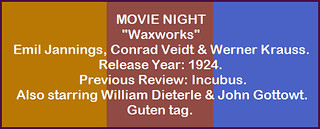


.png)


